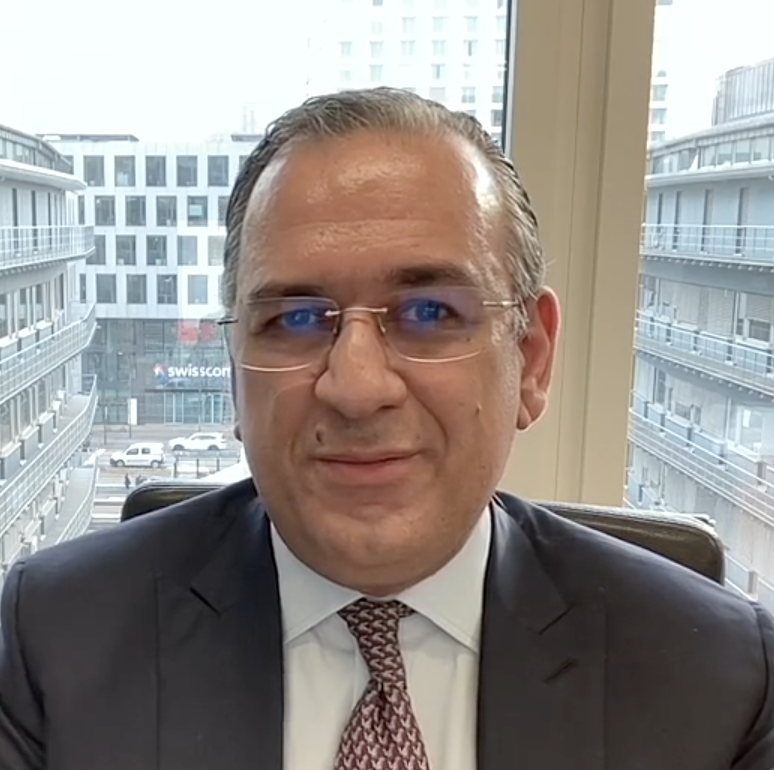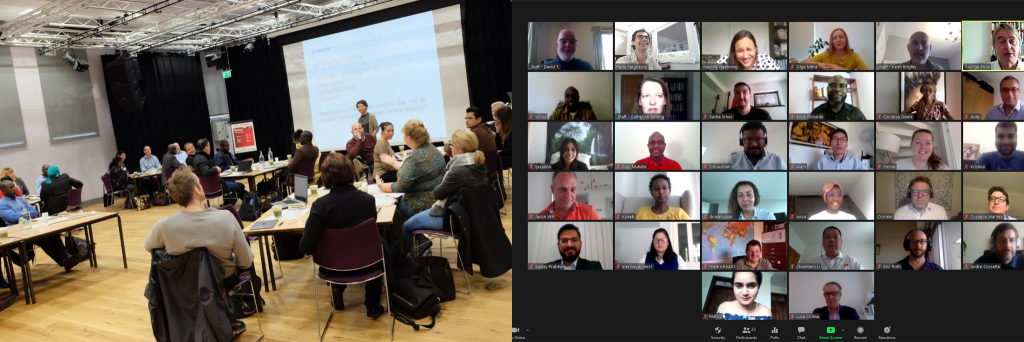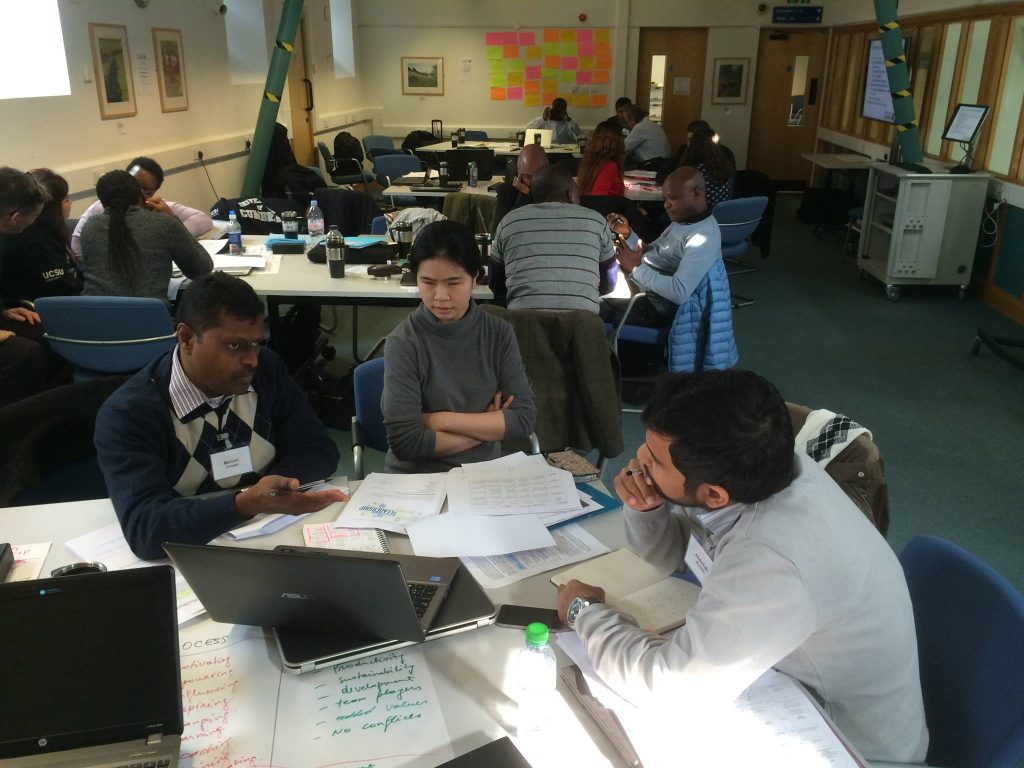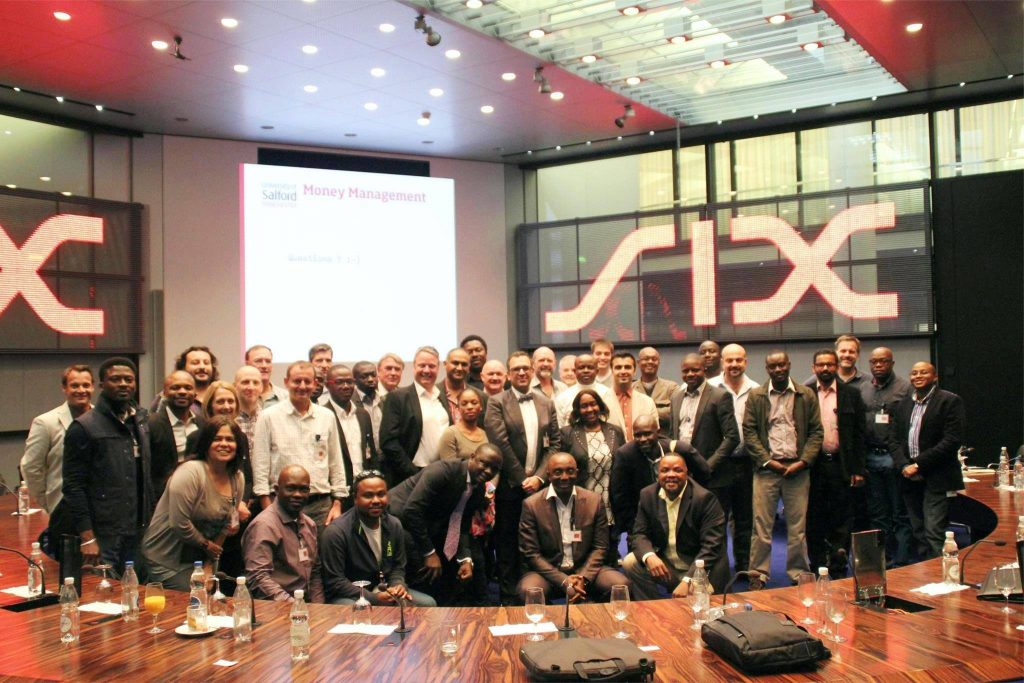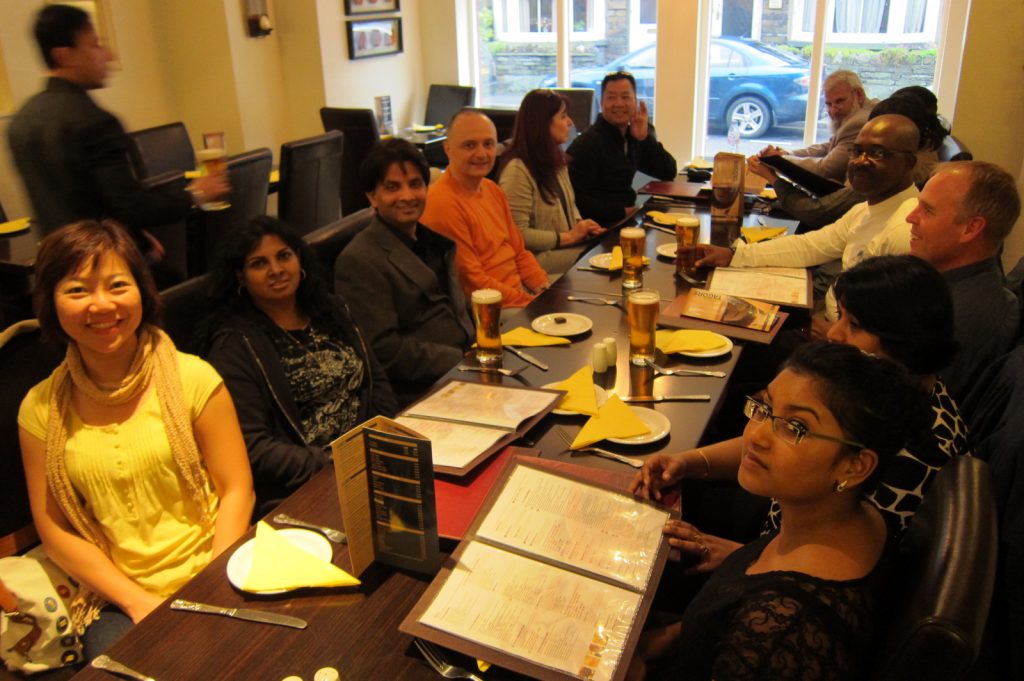At Robert Kennedy College (RKC), we believe education should be flexible, globally relevant, and rooted in academic excellence. Robert Kennedy College offers a suite of online programmes—including Bachelors, MBA, MSc, LL.M and PhD—in exclusive partnership with leading UK universities. Each programme is designed to reflect Swiss quality standards and culminates in a British-accredited degree, making it a powerful choice for professionals worldwide.
Here’s why students from over 160 countries choose RKC to take their careers to the next level.
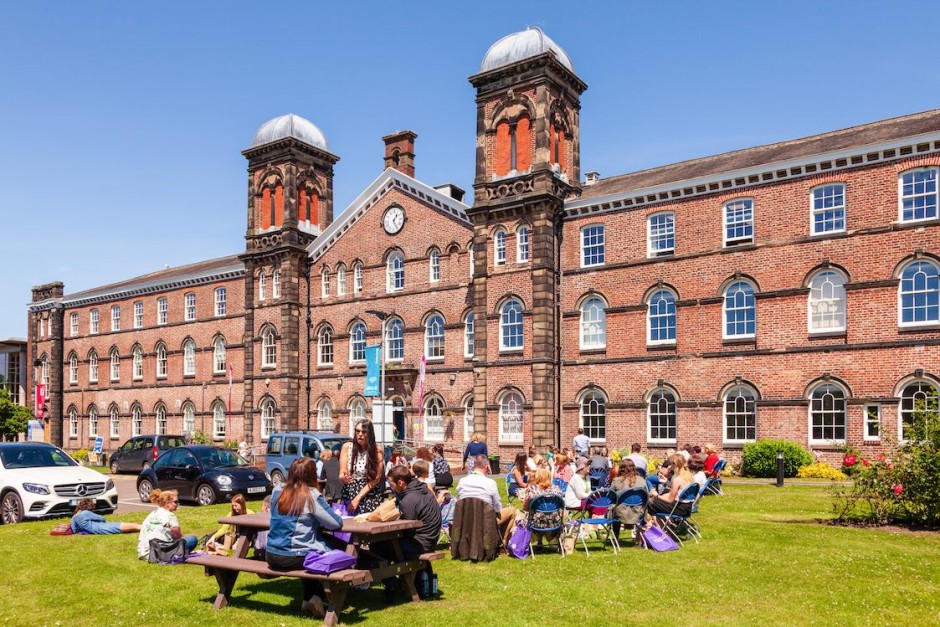
1. Swiss Precision in Online Education
Switzerland is a global symbol of efficiency, reliability, and innovation. At RKC, those values are infused into our educational model—offering students a structured, yet flexible learning environment supported by cutting-edge technology and responsive faculty.
- Streamlined online platform
- Accessible academic resources 24/7
- Support on academics throughout your study period
2. Accredited UK Degrees in Business, Law, and Research
Through our partnerships with institutions such as the University of Cumbria, University of Salford and University of Gloucestershire, our students earn a fully accredited UK degree—respected by employers, governments, and universities around the world.
Programmes include:
Bachelors : BBA and BSc in Business administration
- MBA: Artificial Intelligence ,Leadership Risk Management, Finance, International Business and more
- MSc: Project Management, Digital Business, Procurement, Marketing, Finance and more
- LL.M.: International Business Law, International Commercial Law, and Corporate Governance
- PhD and Doctor of Business Administration (DBA) : Flexible, rigorous, and tailored for working professionals
These qualifications carry the same weight as degrees earned on-campus in the UK—with no mention of online on the final diploma.

3. Flexibility Without Compromise
Our programmes are built for working professionals, entrepreneurs, and international students who need to balance study with career and personal commitments. With asynchronous modules, no fixed lecture times ,you can earn your degree anytime, from anywhere.
- 100% online learning model
- Optional one-week residential module in the UK or Switzerland (for select programmes)
- Study part-time while working full-time
4. Diverse and Global Learning Community
With students from more than 160 countries, the RKC experience is inherently global. You’ll engage with peers from industries such as banking, healthcare, law, technology, government, and non-profits—gaining insights that go beyond the textbook.
- International case studies and collaborative assignments
- Peer learning across cultures and sectors
- Valuable alumni network spanning all continents
5. Faculty with Industry-Relevant Expertise
Our professors are not only scholars—they are practitioners, consultants, and researchers who bring real-world expertise into the classroom. This ensures that what you learn is immediately applicable in your professional environment.
- Regular academic support and feedback
- Up-to-date curriculum tied to current industry trends
- Research support for PhD and DBA candidates

6. A Commitment to Lifelong Learning and Career Growth
Whether you’re looking to advance in your current role, change industries, or pursue academic research, RKC programmes are designed to help you achieve your goals. Graduates join an alumni network with continued access to learning, career support, and professional opportunities.
Choosing an online postgraduate programme is a big decision. At Robert Kennedy College, we offer more than flexibility—we provide a world-class education rooted in Swiss standards and awarded by some of the UK’s most respected universities. Whether you’re pursuing an MBA, MSc, LL.M., or PhD, your degree will open doors and empower you with the skills to lead in a globalized world.
Ready to invest in your future?
Explore our full range of programmes at www.college.ch.



















